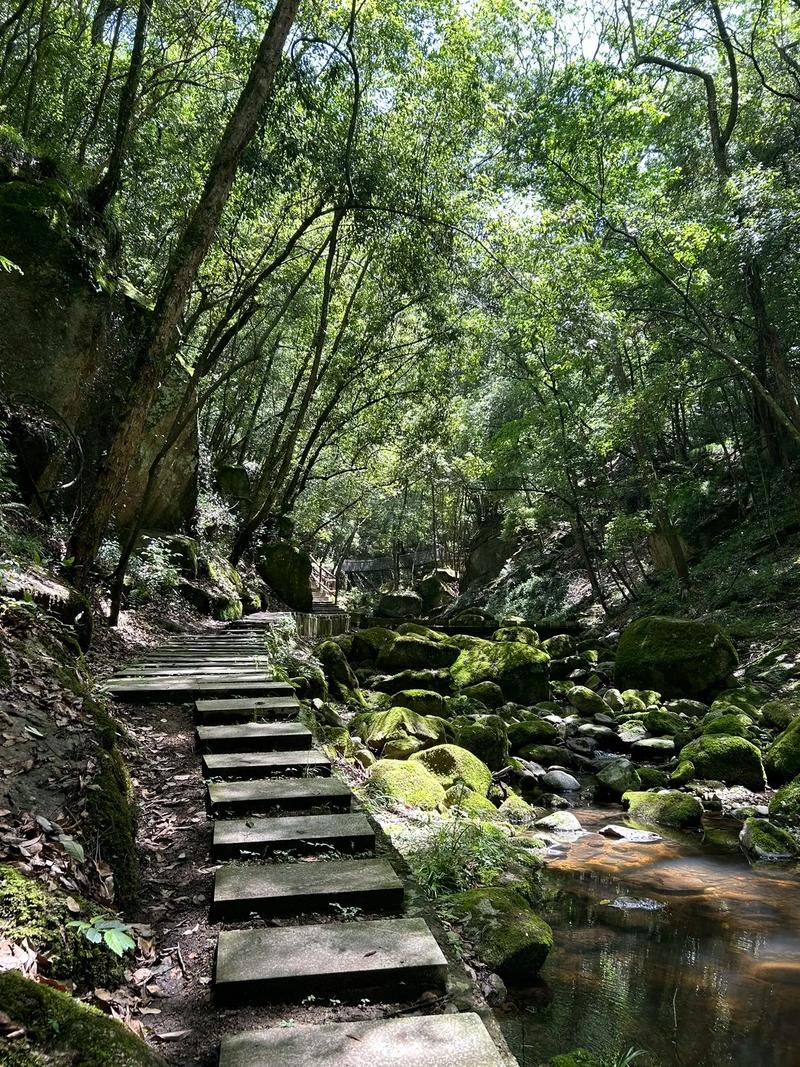Global Travel Information
Elbe River Leadership Retreats: Develop Your Skills
Forging Leaders on the River: The Transformative Power of Elbe River Retreats
In the relentless pace of the modern corporate world, leadership development is often reduced to a checklist of competencies, a series of PowerPoint presentations in a sterile hotel conference room, and abstract team-building exercises. While valuable in theory, these traditional methods frequently fail to create the profound, lasting change required to navigate today’s complex and volatile challenges. True leadership is not just learned; it is forged through experience, reflection, and a connection to something greater than a quarterly report. This is where the concept of the Elbe River Leadership Retreat emerges—a paradigm shift from conventional training to a holistic, immersive journey of personal and professional transformation.
The Elbe River, flowing over a thousand kilometers from the rugged highlands of the Czech Republic to the North Sea coast of Germany, is more than a picturesque backdrop. It is a silent mentor, a dynamic classroom without walls. Its very nature provides a powerful metaphor for the leadership journey: it has a clear source and destination, yet its path is winding, adapting to the landscape, sometimes wide and calm, other times narrow and swift. A leadership retreat along this historic waterway leverages this unique environment to develop essential skills in a way no traditional seminar can.
The Core Philosophy: Experiential Learning in a Fluid Environment
The foundational principle of an Elbe River retreat is experiential learning. Participants are not passive recipients of information but active crew members on a river voyage. Whether navigating a historic sailing vessel, a modern riverboat, or even kayaking certain stretches, individuals are immediately placed in a novel environment that demands application of skill rather than mere discussion.
This setting brilliantly cultivates Adaptive Leadership. The river is unpredictable. Weather shifts, water levels change, lock systems require patience and precise communication, and navigational hazards must be collectively identified and avoided. In this context, the rigid, top-down leadership model fails. Success depends on the team's ability to sense changes, process new information quickly, and adapt strategy in real-time. A leader must learn to empower others, delegate based on emerging needs, and remain calm and decisive amidst uncertainty. These are precisely the skills needed to lead an organization through market disruptions, technological shifts, and global uncertainty.
Key Skills Developed on the Water
-
Authentic Communication and Psychological Safety: Confined to a vessel for several days, hierarchical corporate titles begin to dissolve. The forced proximity and shared mission break down formal barriers, fostering genuine conversations. facilitated workshops held on deck or in riverside meadows focus on active listening, giving and receiving constructive feedback, and engaging in courageous dialogues. The serene, off-site environment allows for vulnerability, a critical component for building trust. Teams that learn to communicate openly on a boat will carry that foundation of psychological safety back to the office, leading to more innovative problem-solving and healthier conflict resolution.
-
Strategic Thinking and Systems Awareness: Sailing the Elbe requires constant environmental scanning. The leader at the helm must look miles ahead, read the river’s bends, understand the current’s flow, and anticipate the actions of other vessels. This is a practical masterclass in strategic foresight. Retreat facilitators guide participants to draw parallels between the river system and their business ecosystem. Who are the other "vessels" (competitors, partners)? What are the "currents" (market trends, regulatory changes)? This macro perspective helps leaders move beyond siloed thinking and understand the interconnectedness of their decisions.
-
Resilience and Composure: A sudden summer squall on the Elbe can test the mettle of any team. The initial panic must be channeled into focused action: reefing sails, securing equipment, and maintaining course. overcoming such a challenge together is a powerful builder of collective resilience. It teaches leaders that adversity is not a barrier but an integral part of the journey. Managing one’s own stress response and projecting calm assurance to the team is a invaluable lesson in emotional regulation and composure under pressure—a hallmark of exceptional leaders.
-
Collaboration and Distributed Leadership: A ship cannot be sailed by one person. It requires a coordinated effort where every role, from navigation to handling lines, is critical. This environment naturally flattens hierarchy and highlights the value of every team member’s contribution. Participants experience firsthand the power of distributed leadership, where authority and responsibility are fluid based on expertise and situation. This breaks down the myth of the solitary, heroic leader and replaces it with a model of collaborative efficacy, where the leader’s primary role is to create an environment where everyone can lead in their area of strength.
The Historical and Cultural Dimension
The Elbe River is a liquid timeline through Central Europe, flowing past medieval castles, Baroque palaces, poignant WWII memorials, and vibrant modern cities like Dresden and Hamburg. This rich tapestry is intentionally woven into the retreat curriculum. visits to these sites are not tourist excursions but reflective exercises.

Discussing the rise and fall of empires along the riverbanks provides profound lessons on vision, ethics, and the long-term impact of leadership decisions. reflecting on the division and subsequent reunification of Germany, symbolized by the river itself, sparks conversations about bridging divides, fostering inclusivity, and leading with a moral compass. This historical context elevates the retreat from a skills workshop to a deeper contemplation of a leader’s role in society and their legacy.
The Structure of a Transformative Retreat
A typical Elbe River Leadership Retreat spans four to seven days, blending on-water activities with facilitated land-based sessions.
- Mornings might begin with a mindfulness session on deck, followed by a briefing on the day’s nautical journey, setting collective goals for the voyage.
- Daytime is dedicated to sailing and navigating, with facilitators observing team dynamics and intervening with micro-lessons on communication or decision-making as real-time situations arise.
- Evenings are for consolidation. after docking in a historic town, groups engage in structured reflection sessions, connecting the day’ experiences to their workplace challenges. case studies, peer coaching circles, and talks from experts on topics like change management or stakeholder mapping are anchored by the day’s shared adventures.
- Individual Coaching: Often, these retreats include one-on-one coaching sessions, allowing leaders to work on personal development goals in a supportive, distraction-free setting.
In conclusion, Elbe River Leadership Retreats offer a radical and effective departure from conventional development programs. They understand that leadership is an embodied practice, not an abstract theory. By placing leaders in the dynamic, unpredictable, and awe-inspiring classroom of the river, they catalyze deep learning. Participants return home with more than just a certificate; they return with a sharpened sense of self, a fortified ability to guide their teams through turbulence, and a renewed understanding that true leadership, like a river, is strongest when it is adaptive, purposeful, and forever flowing towards growth. They learn not just to manage, but to navigate.
相关文章
- Elbe River Planners: Organize Your Trip with River Themes
- Elbe River Journals: Document Your Travels
- Elbe River Notebooks: Take Notes Along the Way
- Elbe River Pens & Pencils: Writing Tools with River Logos
- Elbe River T-Shirts: Wear Your Love for the River
- Elbe River Hats: Stay Cool with River-Themed Headwear
- Elbe River Jackets: Warm Clothing for Outdoor Adventures
- Elbe River Bags: Tote Bags & Backpacks Near the Water
- Elbe River Water Bottles: Stay Hydrated with River Designs
- Elbe River Coolers: Keep Drinks Cold on Picnics
发表评论
评论列表
- 这篇文章还没有收到评论,赶紧来抢沙发吧~


